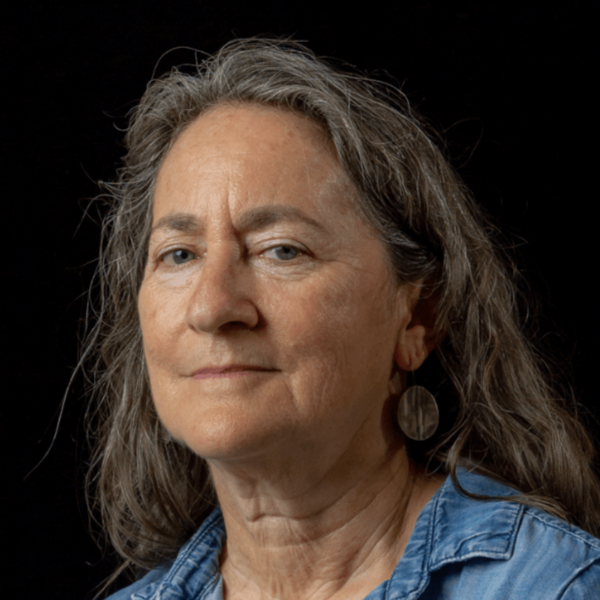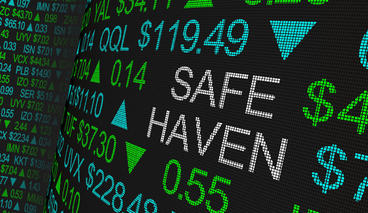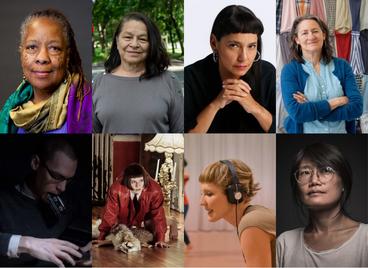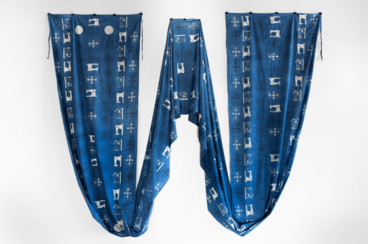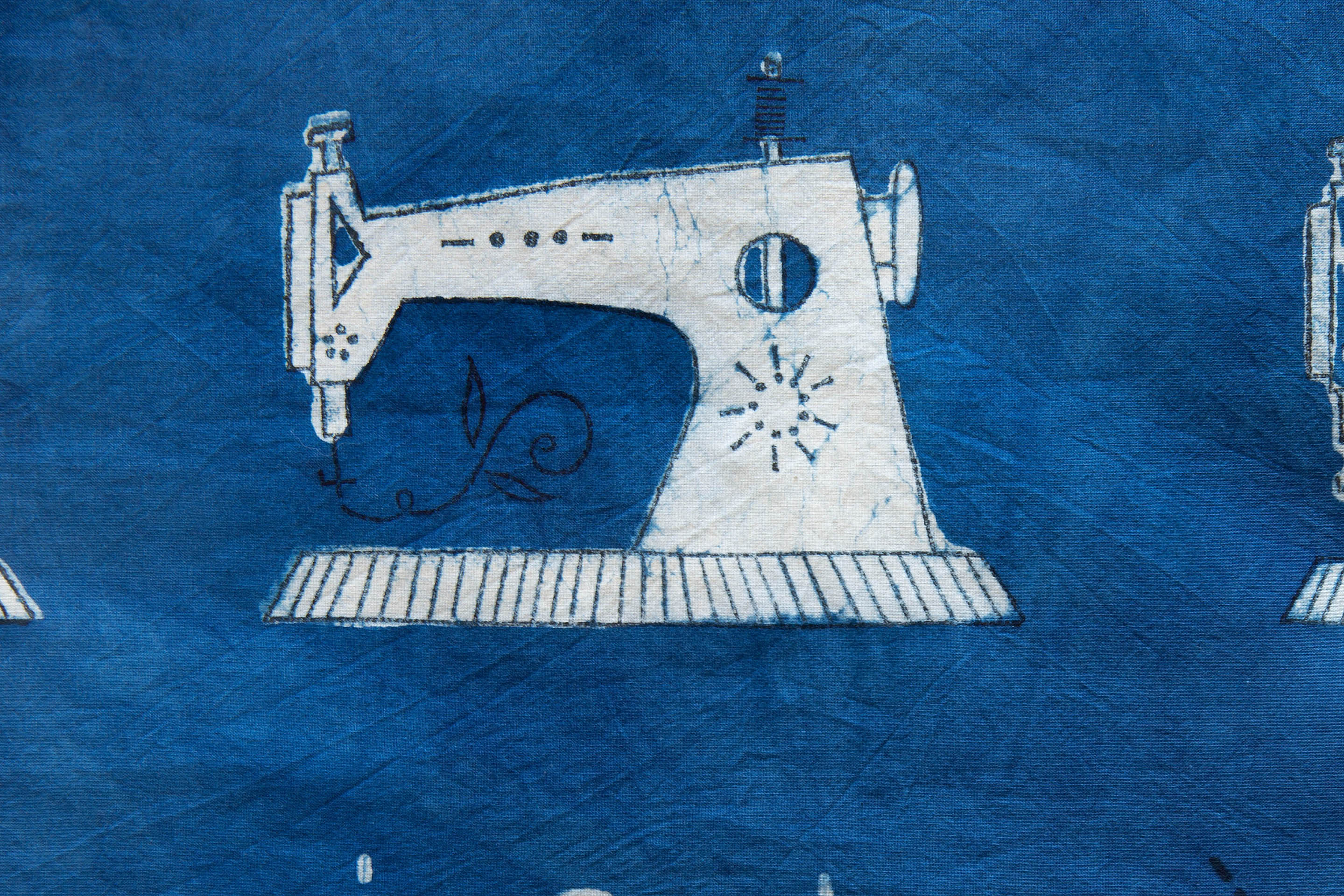
As part of the Wakpa Triennial, the Weisman presents Towards a Common Future: Banners for Solidarity. Rachel Breen describes these organic, Kala-cotton (a drought-tolerant variety, indigenous to India) banners as representative of the hand in the making process, how textiles contain meaning, and the history of banners as a symbol of protest and resistance. Breen notes that these banners signify the importance of solidarity with workers around the world who grow and weave fiber, cut and sew fabric into garments, and then handle these materials so that we have clothes to wear. Made to be hung in galleries or carried at marches and protests, Breen's "Banners for Solidarity" were additionally inspired by Labor Day banners made in the early 1900s by the International Ladies Garment Workers Union. Breen's interest in labor rights stems from histories of Jewish activism in the garment industry and her own family history as immigrants and activists.
Through acts of sewing and dismantling, Rachel Breen creates projects and spaces for cultivating deeper understandings of labor rights and solidarity. Her work has been shown widely across the country, including a solo exhibition at the Minneapolis Institute of Art in 2020. Her solo exhibition, The Price of Our Clothes, at the Perlman Museum, was included in Hyperallergic’s 2018 Top 20 Exhibitions Across the US (December 20, 2018). Rachel was the recipient of a Fulbright Fellowship to India in 2022 and was awarded an artist residency at MacDowell and the Virginia Center for Creative Arts. Rachel is an inaugural recipient of the Jerome Hill Artist Fellowship, has received four Minnesota State Arts Board grants and a fellowship from the Walker Art Center Open Field. Rachel’s social engagement projects have been presented across the state including two projects commissioned for Northern Spark, a public art festival addressing climate change in Minnesota. Rachel holds an MFA from the University of Minnesota and a BA from the Evergreen State College. She lives in Minneapolis, MN, maintains an active studio practice and is a professor of art at Anoka Ramsey Community College.

WAKPA means RIVER in Dakota language, a name that recognizes the great rivers that define our lives and landscapes in the Twin Cities, while also acknowledging that the Twin Cities inhabit Dakota land.
The Wakpa Triennial Art Festival presents new public art commissions, other projects, and exhibitions by Minnesota-based artists that explore broadly resonant concepts from Dr. Martin Luther King, Jr. centered around 2023's theme: Network of Mutuality.
How are we related? How do we overcome divisions? How can art help us to consider our mutuality with each other so that everyone thrives? Who is included in our networks of mutuality? How can art help us to envision new futures?
This year's cohort of artists consider these questions at a pivotal moment in the histories of St. Paul and Minneapolis--as we rebuild and revive our communities, places, and spirits.
To learn more about the Wakpa Triennial and additional venues for the festival, visit publicartstpaul.org/wakpa.
Image credit: Rachel Breen, Towards a Common Future: Banners for Solidarity (detail). Image courtesy of the artist.
